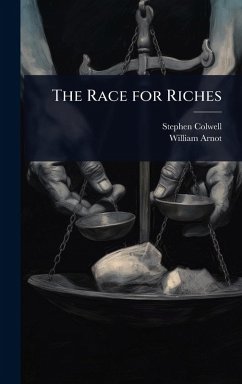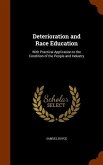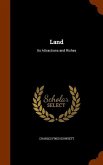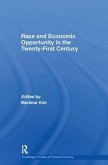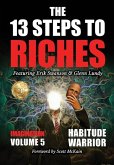The Race for Riches, originally published in 1853, explores the moral and spiritual challenges faced by individuals pursuing wealth. Comprising six lectures by Stephen Colwell and William Arnot, this work applies biblical principles to the burgeoning commerce of the mid-19th century. The authors delve into the potential pitfalls of chasing riches, offering guidance on maintaining ethical integrity and spiritual grounding amidst the allure of material success. Colwell and Arnot provide insights into the temptations and corruptions that can accompany the pursuit of wealth. Addressed to a society undergoing rapid economic transformation, the lectures encourage readers to examine their motivations and ensure their actions align with Christian values. This volume offers enduring wisdom applicable to contemporary discussions on ethics, business, and faith. This work has been selected by scholars as being culturally important, and is part of the knowledge base of civilization as we know it. This work was reproduced from the original artifact, and remains as true to the original work as possible. Therefore, you will see the original copyright references, library stamps (as most of these works have been housed in our most important libraries around the world), and other notations in the work. This work is in the public domain in the United States of America, and possibly other nations. Within the United States, you may freely copy and distribute this work, as no entity (individual or corporate) has a copyright on the body of the work. As a reproduction of a historical artifact, this work may contain missing or blurred pages, poor pictures, errant marks, etc. Scholars believe, and we concur, that this work is important enough to be preserved, reproduced, and made generally available to the public. We appreciate your support of the preservation process, and thank you for being an important part of keeping this knowledge alive and relevant.
Bitte wählen Sie Ihr Anliegen aus.
Rechnungen
Retourenschein anfordern
Bestellstatus
Storno

